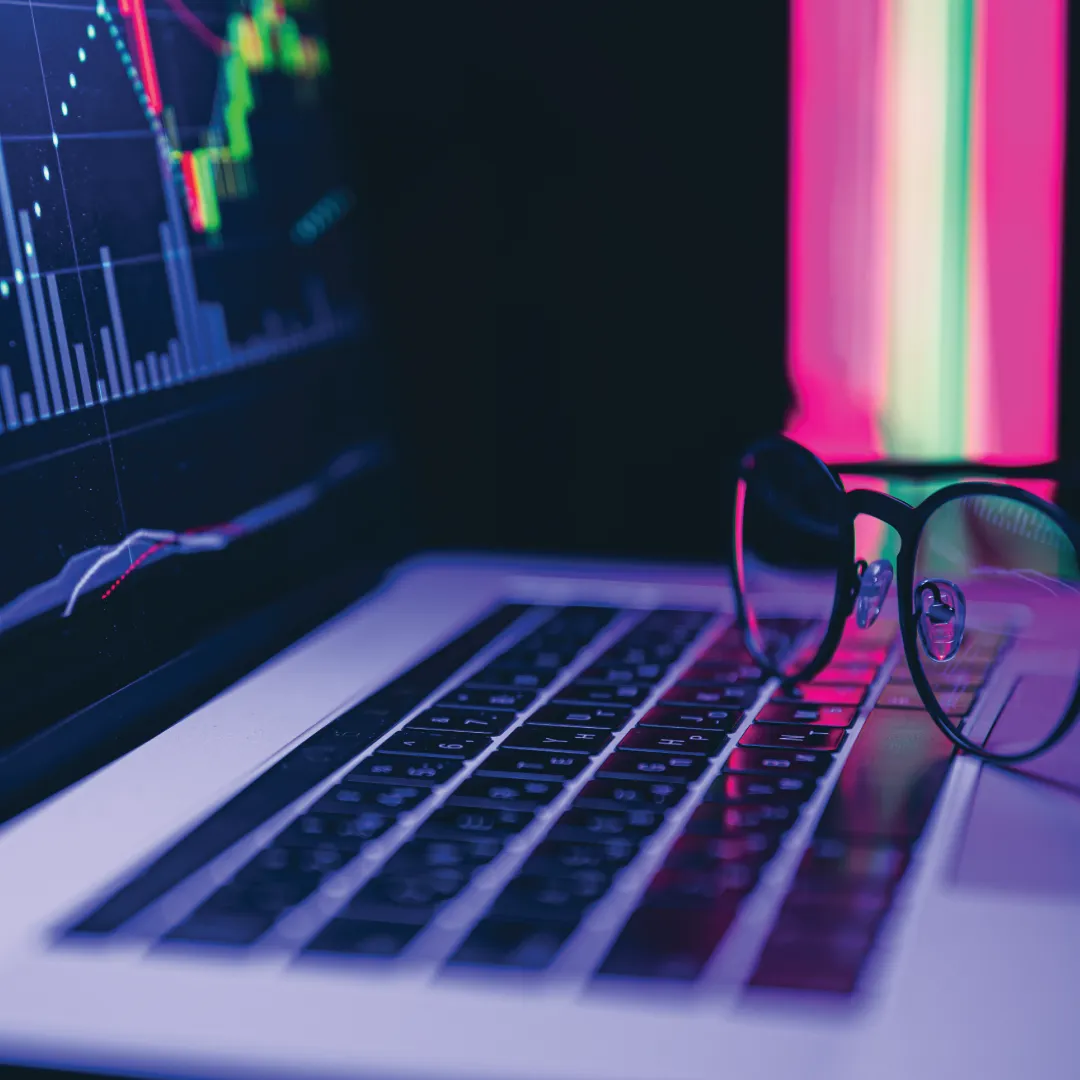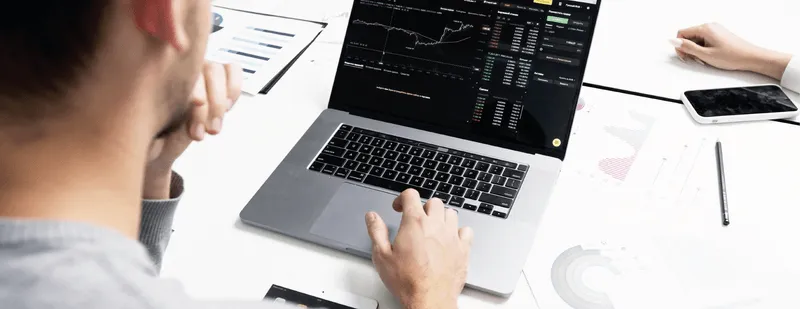FUTURES MARKET
Definition of the FUTURES Market
Derivative market that can be traded through Commodities, Indices, Bonds, and Currencies.
Traded in contracts (The E-mini is the most common index future contract). Traded on an exchange and regulated similarly to other exchange-traded markets (i.e. CME, CBOT, NYMEX, Eurex, and more).

Benefits of Trading FUTURES

Gives the equities trader a distinct edge by understanding the leading market (70% of a stock’s movement is directly correlated to the Futures market).

Provide traders the ability to be diversified among many different markets through one asset class (Commodities, Indices, Bonds, and Currencies).

Provides great trading opportunities because of the volatility. Provides great leverage compared to the expense of trading equities.

Clears the same day so your money is available by the end of the day. Strong day trading opportunities.

Gives the trader/investor the ability to hedge longer term positions.

Typically does not gap because it’s a 24 hour market.
How are FUTURES Traded?
Contracts (Margin Requirements will vary between brokerage houses; some start as low as $500 per contract intraday).
Traded in contracts with quarterly expirations (March, June, October, December).
Profits and Losses are measured in ticks and points:
4 ticks per point
For example:
E-mini S&P / 1 tick = $12.50 / 1 point = $50


Trades 23 hours and 45 minutes per day.
Closes at 3:15pm CST to 3:30pm CST to settle and then reopens at 3:30pm.
CST The overnight session is referred to as the “globex” and has lower volume.

Ideal Account Size for FUTURES
Traders who are trading the Index Futures can open an account with as little as $2,500 at some brokerage houses.
An educated trader/investor should be aware of appropriate account size, position sizing, and risk management when trading or investing in any market.

Types of Accounts for FUTURES
Cash
IRA (Traded through a Custodial Firm)
Various Entity Structures (LLC, Corp, LP, etc.)

